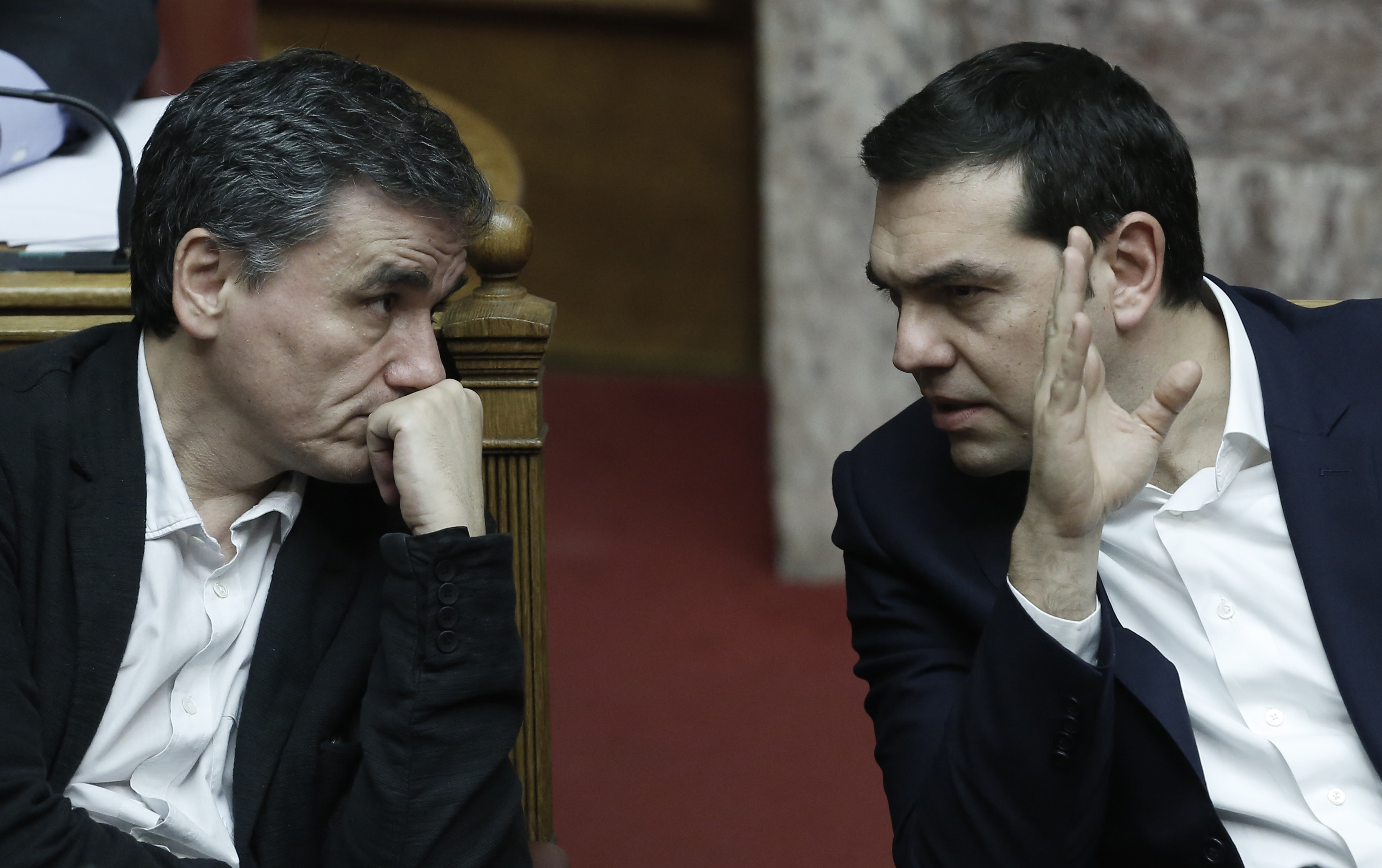The optimism that the government cultivated has suffered one blow after the other. Not only has the spread on Greek bonds not been reduced, but rather it has reached a height that is prohibitive for any return to the markets. The supposed bailout exit that was to have freed the country from commitments did not persuade the markets, which insist on a negative outlook for the day after.
The stock market, to the extent that it could be considered a gauge of trust, has dropped dramatically, as the shallow Greek market , beyond its own problems, factors in the threats to stability from Turkey, Italy and elsewhere.
Growth, according to the latest data, does not appear to have the dynamic that is necessary to fuel a rebound of the economy. Over-taxation devours income and drastically reduces the options of households, professionals, and businesses. It is indicative that according to the data released yesterday by the OECD, Greece holds a top place in tax increases over the last days.
A consequence of that over-taxation is the ever greater impasse faced by Greek citizens. It is indicative that in only one month, there were over 200,000 more citizens who are unable to meet their tax obligations, raising the overall number to 3.9mn.
The day after the bailout memorandums is anything but rosy, despite the government’s celebrations. They may be preparing pre-electoral handouts to be announced by the PM at the Thessaloniki International Fair, but we are again confronted with the alarming problems of the economy which lie ahead.
If one factors in the extreme polarisation and the divisive climate that is being cultivated, the cocktail becomes explosive.
The opportunistic management of the economy, the political uncertainty of a protracted electoral campaign, and the clouds gathering around the country are being registered by the markets, which are again turning their back on Greece.
The next weeks will reveal whether the government understands the situation and whether it is evaluating the messages, or whether it will choose to lead the country into a new cycle of instability and uncertainty.
.




